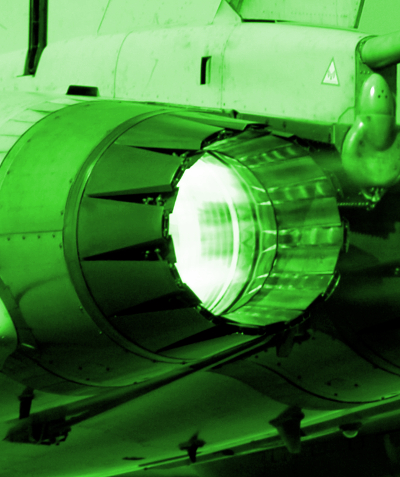Brits lead fuel advance
 Researchers have created a new, cleaner method for generating jet fuel.
Researchers have created a new, cleaner method for generating jet fuel.
Flying produces large amounts of carbon emissions, but a more sustainable fuel option could eventually make flying carbon neutral.
Researchers at Oxford and Cambridge have created a cheap method that uses iron, manganese and potassium to convert carbon dioxide from the atmosphere into plane fuel - creating an overall carbon-neutral fuel.
Converting CO2 selectively into a desirable chemical is a very challenging task.
Often, this conversion requires expensive catalysts or several energy-demanding steps, which ultimately prove less efficient and less cost-effective. To rival fossil fuels, a sustainable fuel-producing method must be efficient and economical.
The British researchers designed a new iron-based catalyst that represents an inexpensive way of directly capturing atmospheric CO2 and converting it into a jet fuel range of hydrocarbons.
The catalyst is composed of elements abundant on Earth, and also demonstrates high activity and selectivity, which minimises additional steps in the synthesis of high value-added chemicals.
The authors were also able to collect other important raw materials for the petrochemical industry during the conversion process, which are currently only available from crude oil.
The CO2 conversion catalyst is easier to prepare than many previous candidates, which makes it a potential candidate for industrial applications, they conclude.








 Print
Print